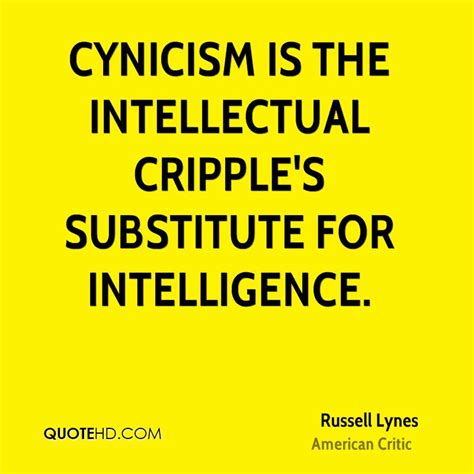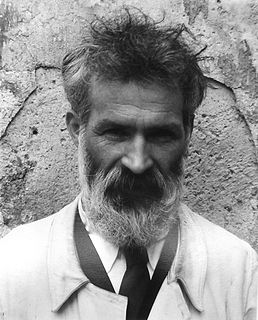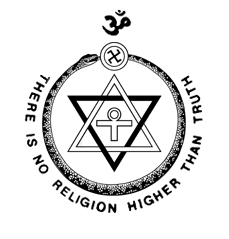A Quote by George Eliot
Self-consciousness of the manner is the expensive substitute for simplicity.
Quote Topics
Related Quotes
In man's life, the absence of an essential component usually leads to the adoption of a substitute. The substitute is usually embraced with vehemence and extremism, for we have to convince ourselves that what we took as second choice is the best there ever was. Thus blind faith is to a considerable extent a substitute for the lost faith in ourselves; insatiable desire a substitute for hope; accumulation a substitute for growth; fervent hustling a substitute for purposeful action; and pride a substitute for an unattainable self-respect.
Dissident Natan Sharansky writes that there are two kinds of states - “fear societies” and “free societies.”… The two societies make up two kinds of consciousness. The consciousness derived of oppression is despairing, fatalistic, and fearful of inquiry. It is mistrustful of the self and forced to trust external authority. It is premised on a dearth of self-respect. It is cramped …
In contrast, the consciousness of freedom … is one of expansiveness, trust of the self, and hope. It is a consciousness of limitless inquiry … It builds up in a citizen a wealth of self-respect.
I believe that if we would carefully apply the distinction between transparency and opacity to the different layers of the human self-model, looking at self-consciousness in a much more careful and fine-grained manner, then we might also arrive at a new answer to your original question: What a "first-person perspective" really is.
The student should bear in mind that the very essence of consciousness is constantly to identify itself with the Not-Self, and as constantly to re-assert itself by rejecting the Not-Self. Consciousness, in fact, consists of this alternating assertion and negation - "I am this" - "I am not this." Hence consciousness is, and causes in matter, the attracting and repelling that we call a vibration.
Independence is the recognition of the fact that yours is the responsibility of judgment and nothing can help you escape it-that no substitute can do your thinking, as no pinch-hitter can live your life-that the vilest form of self-abasement and self-destruction is the subordination of your mind to the mind of another, the acceptance of an authority over your brain, the acceptance of his assertions as facts, his say-so as truth, his edicts as middle-man between your consciousness and your existence.







































